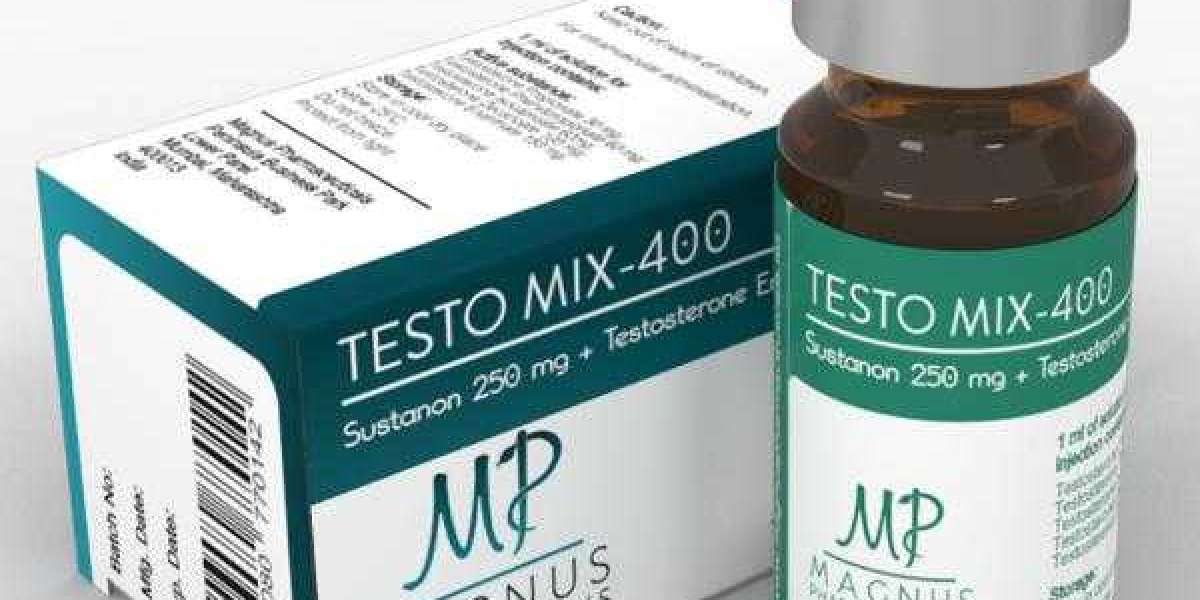Introduction
Have you ever wondered why steroids carry such a controversial reputation? Whether vilified in sports scandals or praised for their medical benefits, steroids seem to wear a cloak of mystery. At their core, steroids are synthetic substances that mimic the body's hormones, playing critical roles in health and disease. This dual nature makes them a fascinating subject for discussion. Let's peel back the layers on the medicinal miracles and health risks associated with these powerful drugs.
Understanding Corticosteroids
Steroids, often misunderstood, are not a singular entity. They come in various forms, with corticosteroids and anabolic-androgenic steroids (AAS) being the primary types. Corticosteroids, such as prednisone, are pivotal in the medical field. They mimic the effects of hormones your body produces naturally in your adrenal glands, which sit atop your kidneys.
When prescribed in doses that exceed your body's usual levels, corticosteroids suppress inflammation and reduce the activity of the immune system. This mechanism can be a lifesaver in treating autoimmune diseases or inflammation-based conditions like asthma and allergies. However, it's this very power to alter immune response that requires careful management to avoid significant side effects.
Medicinal Applications of Corticosteroids
Prednisone and other corticosteroids have a laundry list of uses in medicine, reflecting their importance but also necessitating cautious use. For those dealing with the constant struggle of asthma or the painful flare-ups of rheumatoid arthritis, corticosteroids offer significant relief. They are also indispensable in treating more severe conditions such as lupus and multiple sclerosis, where controlling rapid immune system activity is crucial.
- Asthma: Reduce airway inflammation and manage acute attacks.
- Allergies: Control severe reactions to environmental triggers.
- Autoimmune diseases: Suppress abnormal immune responses that target the body's own tissues.
The ability of corticosteroids to dial down inflammation and modulate the immune system underpins their widespread use in treating such diverse conditions.
Benefits Versus Risks
While the benefits of corticosteroids can be life-altering, the risks associated with their use cannot be overlooked. Long-term or high-dose use of corticosteroids can lead to side effects that may overshadow their benefits:
- Suppressed immune function: Increased risk of infections.
- Bone density loss: Greater risk of fractures.
- Psychological effects: Mood swings and other mental health issues.
Balancing these risks with the benefits requires a nuanced approach, emphasizing patient education and careful monitoring.
Guidelines for Safe Use
To harness the benefits of corticosteroids without falling prey to their risks, adherence to medical guidelines and doctor's advice is paramount. Patients should never adjust their dose without consulting their healthcare provider and should be vigilant for side effects.
- Regular follow-ups to adjust the dose based on symptoms and side effects.
- Lifestyle adjustments, such as increased calcium intake, can mitigate bone density loss.
- Monitoring for psychological effects to address them promptly if they arise.
Conclusion
Corticosteroids are a cornerstone of treatment for many inflammatory and autoimmune conditions, offering relief where few other treatments can. However, their power comes with a responsibility to use them wisely and watchfully. Understanding the full scope of their effects helps patients and healthcare providers make informed decisions, balancing the scales between their potent benefits and potential risks.
In managing health, especially when it involves potent medications like corticosteroids, it's crucial to stay informed and proactive about treatment options. For those looking to deepen their understanding of health supplements and treatments, exploring resources like anabolic steroids for sale https://misterolympia.shop/ can provide valuable insights and options.








